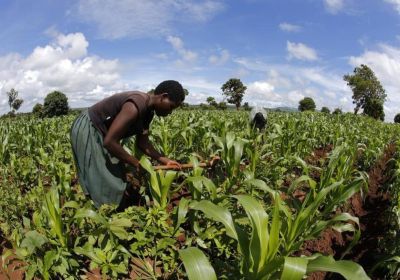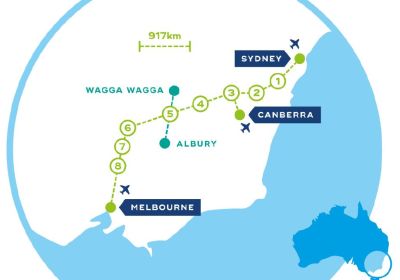
Lee Wengraf’s Extracting Profit shows in great detail that Africa is poor, not because of any innate inability of Africans to raise themselves up, but because Africa’s poverty is necessary for corporate profit, writes Alan Broughton.

Lee Wengraf’s Extracting Profit shows in great detail that Africa is poor, not because of any innate inability of Africans to raise themselves up, but because Africa’s poverty is necessary for corporate profit, writes Alan Broughton.

Poisoning Our Children: The Parent’s Guide to the Myths of Safe Pesticides, shows there is plenty of peer-reviewed science finding monumental faults with pesticide use and regulation — science ignored by regulators.

Crop varieties have been selected and reproduced over thousands of years by farmers, creating great diversity. India, for example, used to have 200,000 varieties of rice. Seeds were kept each year for replanting and exchanging in what was a free or low-cost system for many farmers.

The term “Green Revolution” refers to the introduction of high-yielding varieties of staple food crops, particularly wheat and rice, into Third World countries, starting in the 1960s. The stated aim was to raise food production to end hunger and prevent revolution.
An unstated secondary aim was to raise the penetration of agribusiness into the Third World. Profits could be made by selling the new varieties of seed and the fertilisers, pesticides and equipment that were indispensable to their success.

Monsanto, one of the world’s biggest pesticide and seed corporations and leading developer of genetically modified crop varieties, had a stock market value of US$66 billion in 2014. It has gained this position by a combination of deceit, threat, litigation, destruction of evidence, falsified data, bribery, takeovers and cultivation of regulatory bodies.
